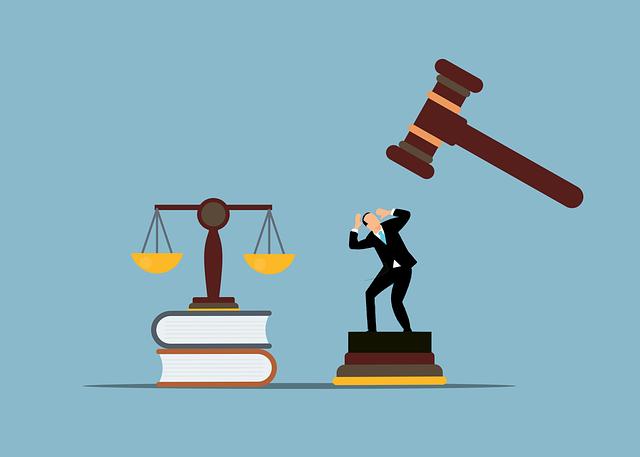“`html
The Politics of Economic Justice in Pakistan
Economic justice is an essential pillar in the structure of a fair and equitable society. In Pakistan, the interplay of politics and economic justice is a complex issue that has evolved over decades. This article delves into the political landscape of Pakistan, examining how economic policies are shaped and the implications they have for social equity.
Understanding Economic Justice
Economic justice refers to the fair distribution of wealth, opportunities, and privileges within a society. It seeks to address issues like income inequality, poverty, and access to resources. In the context of Pakistan, the pursuit of economic justice is influenced by various political dynamics, including governance, policy-making, and social movements.
Political Landscape of Pakistan
Pakistan’s political environment has been marked by instability, frequent changes in government, and the influence of various interest groups. Key elements of the political landscape that shape economic justice include:
- Governance Structures: The complexity and frequent shifts in governance hinder consistent economic policies.
- Political Party Platforms: Different political parties prioritize economic issues differently, affecting policies towards wealth redistribution.
- Corruption: Corruption diminishes the effectiveness of economic programs aimed at promoting justice.
- Local vs. National Policies: Disparities between local and national governance can lead to unequal implementation of economic policies.
Challenges to Economic Justice in Pakistan
Income Inequality
The gap between the rich and the poor in Pakistan continues to widen. Factors contributing to income inequality include:
- Limited access to quality education and healthcare in rural areas.
- Unequal distribution of land and resources.
- Discrimination against marginalized communities.
Poverty Alleviation Programs
Despite the implementation of various poverty alleviation programs, their effectiveness is often hampered by:
- Political interference and lack of genuine commitment.
- Inadequate funding and resource allocation.
- Administrative inefficiencies and corruption.
Access to Public Services
Access to essential public services, such as education and healthcare, is critical for achieving economic justice. In Pakistan, challenges include:
- Insufficient infrastructure in rural regions.
- High costs associated with private education and healthcare.
- Lack of effective governmental support for marginalized groups.
Case Studies: The Impact of Politics on Economic Justice
Examining specific case studies provides insight into how political decisions can directly impact economic justice in Pakistan.
Benazir Income Support Programme (BISP)
The BISP, launched in 2008, aims to provide financial support to low-income families. While it has made notable progress in poverty alleviation, fluctuating political commitment and budget allocations constantly challenge its sustainability.
Pension Reforms
Efforts toward pension reforms have often been stymied by political disagreements. A well-structured pension system is essential for economic stability and justice for the elderly population, but political instability has led to inconsistent policies.
Benefits of Economic Justice
Achieving economic justice is not just beneficial for the disadvantaged but for society as a whole. Key benefits include:
- Social Stability: Reducing inequality fosters a sense of belonging and community.
- Economic Growth: A fair distribution of resources can lead to increased consumer spending and, consequently, economic growth.
- Improved Health Outcomes: Access to quality healthcare aligns with economic justice, leading to a healthier population.
Practical Tips for Advocating Economic Justice
Here are some practical avenues for individuals and organizations to promote economic justice in Pakistan:
- Promote Awareness: Educate communities about their rights and available resources.
- Engagement in Policy Making: Advocate for transparency and accountability in government processes.
- Support Local Economies: Encourage local entrepreneurship and support businesses that prioritize fair wages and practices.
Conclusion
The politics of economic justice in Pakistan demands the attention of both policymakers and citizens. While significant challenges persist, understanding these dynamics is crucial for building a just and equitable society. A focus on fair governance, inclusive policies, and collective action can pave the way for meaningful progress towards economic justice in Pakistan.
“`



